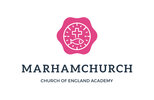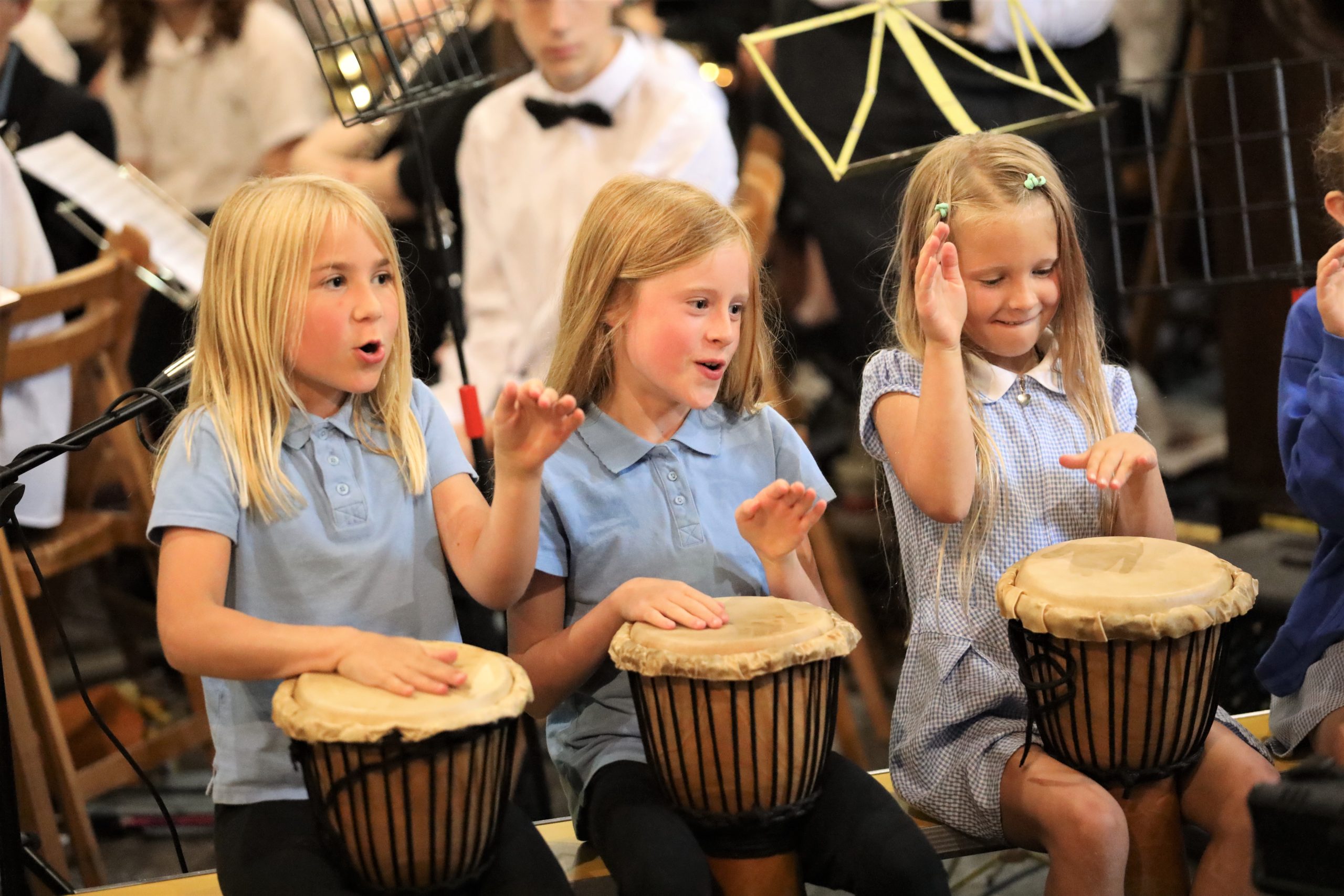


Our curriculum is designed to enact our core Christian values and our vision to enable all children to flourish and experience ‘Life in all its fullness’ (John 10:10). Marhamchurch’s bespoke curriculum is broad and balanced, maximising our school’s unique distinctiveness. Our inclusive curriculum provides all children with the skills, knowledge and understanding they need to develop spiritually, morally, culturally, mentally and physically.
High expectations in speech, language and communication as well as the presentation and quality of work, strengthens our children’s ability to become articulate learners, through the development of rich and challenging vocabulary. Our curriculum is carefully sequenced to ensure progression in key knowledge, skills, vocabulary, concepts and connections.
As well as teaching all subjects from the national curriculum, we offer a range of enrichment opportunities to develop cultural capital in both local, national and global contexts. Through enriching our curriculum, we aim to build children’s aspirations, demonstrating possibilities for their future lives.
We recognise RE as a core subject and we follow ‘Understanding Christianity’ in addition to a broad multi-faith curriculum. Our school’s charitable work and fundraising seizes every opportunity for our children to be courageous advocates. Curriculum design enhances cross-curricular links, encourages a love of learning and provides practical, meaningful, creative and interactive real-life experiences both indoors and outdoors.
The Marhamchurch curriculum has high expectations, consisting of many planned experiences in school and out: lessons, topic days, themed events, school council, collective worship, clubs, sports, competitions, trips, workshops, visiting speakers, residential camps, performances, fund raising and community work. Clear strategic planning allows the curriculum to be dynamic and adapt to the context of the school and our unique local environment. Outcomes may be designed to meet the requirements of the new National Curriculum and national age-related expectations, but also to develop the skills needed for learning and for life. The Head of School alongside the individual curriculum leaders provide support, training or coaching where needed for those teaching outside their main area of expertise.
Our vibrant and rich curriculum is designed so that the subject specific skills wherever possible are scaffolded within a cross-curricular theme or topic each term. In order to ensure that progression and balance are maintained, theses thematic units or topics have been mapped out across the school to create a rolling programme with key learning identified of what we want the children to know by the time they leave us. Our teachers use this to flexibly create a topic medium term plan that considers subject cross curricular links; SMSC opportunities, British values links and additional reading opportunities; and where possible, incorporates the children’s interests too. This feeds into the Teacher’s individual lesson plans, which differentiates, monitors and assesses learning to suitably challenge and support all learners to achieve and succeed. To support Teachers to use assessment effectively to inform lesson plans and sequence lessons, they use KWL (what I know, want to know and learned) sheets and our skills progression charts for each subject in order to build on the children’s prior learning.
Our classroom environments stimulate and engage quality thinking and learning. Resources and equipment are well organised and clearly labelled to ensure that all learners are given ownership, maximising their opportunities for choice and decision making. We support our children’s physical well-being through providing expert sports teaching and coaching, taking part in numerous competitions and sports festivals. The work of our parent support adviser (PSA) and a whole school Trauma Informed Schools (TIS) approach ensures that all our children receive the mental health and well-being support they need when faced with difficult circumstances and have strategies to use when things go wrong. In addition, we pride ourselves on providing a range of creative musical and art opportunities for our pupils both in and out of class.
Marhamchurch uses rigorous data analysis, termly point in time assessments (to track progress and attainment against national age-related expectation) and monitoring throughout the year to gauge the impact of curriculum design. The Head of School and individual subject leaders (with support from our Trust’s School Improvement Partner (SIP) and external monitoring visits) monitor planning, classroom environments, books, lessons and moderate the accuracy of assessments, providing individual feedback to: move practice forward; celebrating positives; and highlighting areas for development that through support, training or coaching are changed. The use of pupil conferencing and the school council’s secret students in class enables us to evaluate pupil voice too.
EYFS
Children in Reception follow the EYFS curriculum which covers the Prime Learning Areas of Personal, Social and Emotional Learning, Communication and Language and Physical Development as well as the specific areas of Early Literacy and Mathematics, Understanding the World and Expressive Arts and Design. The school’s approach to Early Learning is that it should be as child initiated as possible and we provide an environment where children can explore and develop their skills and knowledge through experience and ‘play’. As they become more secure and able, they progress onto more structured and focused ‘teacher led’ activities in preparation for Key Stage 1. Children in Reception also have daily reading (phonic-based), writing and maths activities.
Phonics
Early reading is taught using synthetic phonics as the main approach to reading. Pupils are systematically taught the phonemes (sounds), how to blend the sounds for reading and how to segment the sounds in order to write and spell words. They are taught to use their phonic skills and knowledge as their first approach to reading but are also taught high frequency/’tricky’ (Red) words, which cannot be decoded. The school uses the Read Write Inc scheme to teach phonics. Children in Reception, Year 1 and Year 2 are assessed regularly, grouped according to ability and taught phonics in small groups each day.Reading
While daily phonics is used as our first approach to the teaching of reading, alongside this, children are given opportunities to develop other strategies for decoding and a love of books and reading. For example, each class has daily class book reading where the Teacher will read a carefully selected book to their class. Often these books link to termly topics or other learning interests. In addition, children in Class 3, Class 4 and Class 5 have daily guided reading sessions and weekly homework where we work on developing their reading comprehension and fluency through VIPERS questions (vocabulary, infer, predict, explain, retrieve and sequence/summarise). This develops our children’s ability to read between the lines and fully understand age-appropriate texts. Whereas Class 1 and Class 2 children have daily guided reading sessions during RWI time using books carefully matched to the scheme. Children are also encouraged to bring reading books home from both our banded books as well as from our school library to share with parents and to practice their reading through the introduction of reading karate. Class 1 and 2 children take RWI book bag books home that are carefully matched to the scheme so only contain sounds that they have been taught in school.
Writing
During Key Stage 1, we aim to continue the early learning goals of differentiating between print and pictures; recognising the connection between speech and writing; become aware of the symbolic nature of writing, the sounds and names of letters and how to write them correctly. We aim to help the children enjoy writing and see the value of it; to learn to communicate meaning in narrative and non-fiction texts; to spell and punctuate correctly. In Year 2, we expect the children to begin to join their handwriting neatly.
During Key Stage 2, we aim to help the children to develop understanding that writing is both essential to thinking and learning, and enjoyable in its own right; to learn the main rules and conventions of written English; to start to explore how the English language can be used to express meaning in different ways; to use the planning, drafting and editing process to improve their work; to sustain their fiction and non-fiction writing. Across Key Stage 2, we expect the children to develop a neat, joined handwriting style.
Mathematics
The national curriculum for mathematics aims to ensure that all pupils:
We aim for the children to mastery their mathematics learning so that they can use and apply it confidently in a range of contexts.
The principal focus of mathematics teaching in:
Throughout both Key Stage 1 and 2 mathematics, the children also learn measurements, the properties of shapes, position, direction and statistics.
Why RE? What is RE?
RE helps us to explore big questions about life. We find out what people believe and what difference this makes to how they live. RE helps us to make sense of religion and belief. We can reflect on our own and other people’s ideas and ways of living.
Why daily acts of collective worship at Marhamchurch?
Collective Worship is a statutory requirement for all schools in England and Wales. Collective worship is central to the life of our school. It is a time where the whole school community family meet together to learn and reflect, a time to be still, and opportunity to engage and respond.
| Collective Worship | ||||
| Monday | Tuesday | Wednesday | Thursday | Friday |
| The Church Year whole school worship lead by the HoS | Open the book whole school worship | The Church Year whole school worship lead by church community/Teacher | Singing whole school worship/Class worship | Celebration whole school worship |
Curriculum overview PUFFINS SUM 24
OWLS Curriculum overview SUM 24
KESTRELS Curriculum overview Spring 24
CHOUGHS Curriculum overview Spring 24
KINGFISHERS Curriculum overview Spring 24
PUFFINS Curriculum overview Spring 24
OWLS Curriculum overview Spring 24
Curriculum overview KESTRELS Aut 23 24 (2)
Curriculum overview CHOUGHS Aut 23 24 (1)
Curriculum overview KINGFISHERS Aut 23 24 (1)
Curriculum overview PUFFINS Aut 23 24 (1)